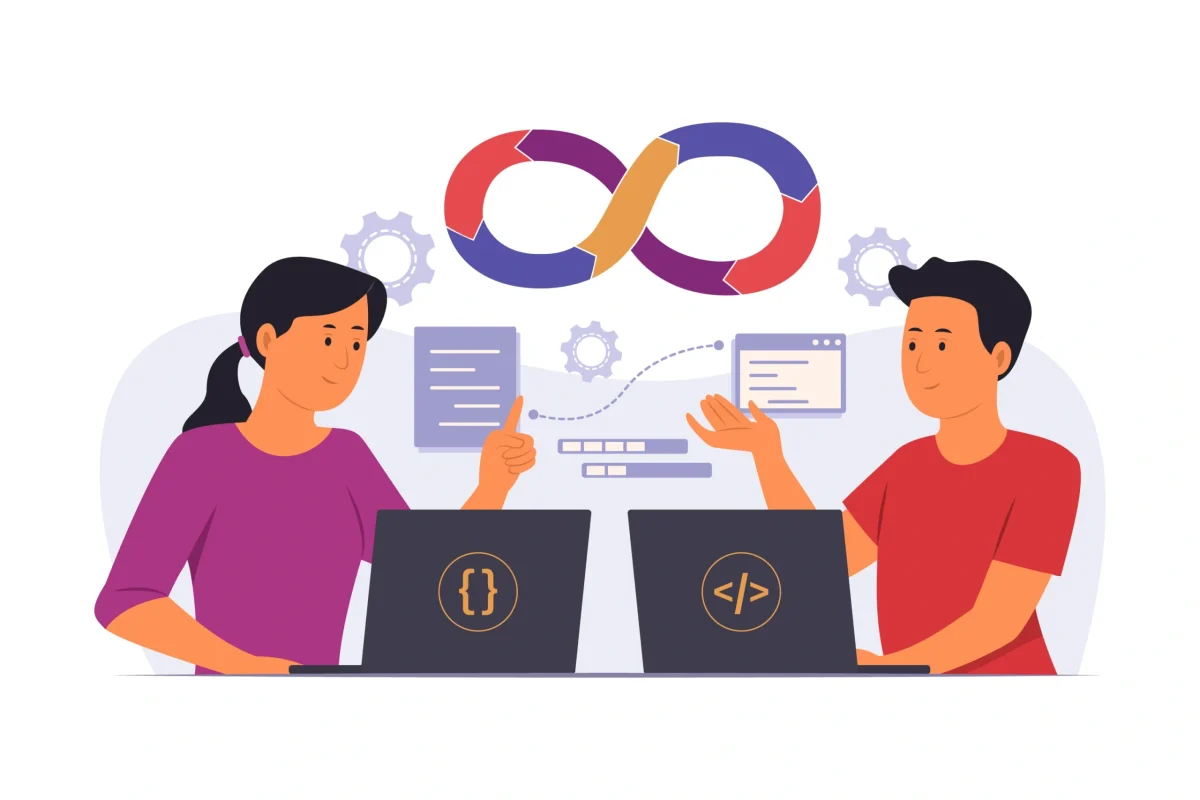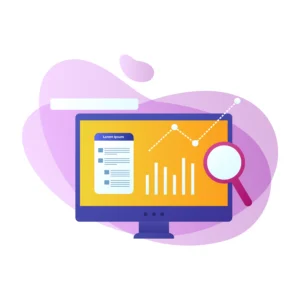What is Off-Page SEO?
Off-page SEO is everything you do outside your website to help it rank higher in search engines. It’s like spreading the word about your site across the internet. The main goal is to build your website’s trust, reputation, and authority.
This includes getting links from other trusted websites, being active on social media, and getting mentioned in online communities. When search engines see that your website is talked about and linked to by others, they start to trust it more. As a result, your rankings improve.
Think of it as making friends on the internet who recommend you to others.
Benefits of Off-Page SEO
1. Better Search Rankings
When high-authority websites link to yours, Google takes it as a positive signal. It believes your content is useful and trustworthy. This can push your website up in search results. The more quality backlinks you earn, the better your chances of ranking well.
2. Stronger Website Authority
Backlinks from respected sites help build your domain authority. This tells search engines that your site is a valuable source in your niche. Over time, this authority makes your site more competitive and reliable in your industry.
3. Wider Online Presence
Being active off your website helps more people find you. Sharing your content on social media, joining forums, or appearing in directories increases your reach. You show up in more places and in front of more people.
4. Builds Trust and Credibility
Positive reviews, brand mentions, and influencer shoutouts show that people like and trust your brand. This trust encourages new users to visit and engage with your site. It also improves your brand image.
5. Boost in Organic Traffic
As your visibility and rankings grow, so does your traffic. Users searching for topics related to your business are more likely to find you. And since it’s organic, you’re not paying for ads.
6. Stay Ahead of Competitors
A strong off-page SEO strategy helps you stand out. When other websites link to yours and your brand is everywhere online, you gain an edge. It helps you outperform competitors who haven’t built the same reputation.
7. Long-Term Growth
Unlike paid ads that stop once the budget runs out, off-page SEO keeps giving. Good backlinks and a strong reputation continue to benefit your site for months or even years. It’s a long-term investment in your website’s success.

Top Off-Page SEO Techniques
1. Link Building
- Get links from trusted and relevant websites.
- Write guest posts on other blogs with a backlink to your site.
- Create great content that people naturally want to share and link to.
2. Social Media Engagement
- Share your blog posts and updates regularly.
- Talk to your followers and respond to comments.
- Ask people to share your content with their own networks.
3. Social Bookmarking
- Submit your content to bookmarking sites like Reddit, Digg, or Mix.
- Make sure your content is categorized and tagged properly for easy discovery.
4. Influencer Outreach
- Collaborate with influencers in your field.
- Ask them to mention your product, review it, or link to your site.
- Build genuine relationships, not just one-time shoutouts.
5. Brand Mentions
- Track where your brand is mentioned online.
- Respond to comments, reviews, or feedback — both good and bad.
- Turn unlinked brand mentions into backlinks by politely reaching out.
6. Forum Participation
- Join forums related to your niche.
- Share helpful advice or tips, not just links.
- Build a profile and be seen as a trusted voice.
7. Q&A Platforms
- Use sites like Quora or Stack Overflow.
- Answer questions in your area of expertise.
- Link to your blog or product when it’s genuinely useful.
8. Content Marketing
- Create valuable content like infographics, videos, and blog posts.
- Promote that content across multiple platforms.
- Make it easy to share and link back to.
9. Local SEO Techniques
- Add your business to Google My Business and local directories.
- Ask happy customers to leave positive reviews.
- Be active in your local community, both online and offline.
10. Podcast Appearances
- Join relevant podcast interviews or start your own.
- Talk about your experience or share valuable insights.
- Make sure your website is linked in the show notes.
Tools for Off-Page SEO
Here’s a list of tools that can make your off-page SEO work easier and more effective:
- Ahrefs – Great for tracking backlinks and spying on competitors.
- Moz – Useful for checking domain authority and finding link opportunities.
- BuzzSumo – Discover trending content and connect with influencers.
- SEMrush – Offers backlink audits, keyword tracking, and competitor research.
- Google Alerts – Monitor online mentions of your brand or key terms.
- Ubersuggest – Helps with keyword ideas and backlink analysis.
- Majestic SEO – Focuses deeply on link profiles and trust metrics.
- Hootsuite / Buffer – Schedule and manage social media posts with ease.
- Google My Business – Essential for boosting local visibility and getting reviews.
- Yoast SEO – A WordPress plugin that helps with on-site SEO setup.
- Mention – Tracks brand mentions and sends real-time alerts.
- Pitchbox – Streamlines outreach and influencer engagement.
- Linkody – Monitors backlinks and reports broken or lost links.
- Hunter.io – Find email addresses for your outreach campaigns.
- CognitiveSEO – Offers content audits, backlink tools, and SEO tracking.

FAQs About Off-Page SEO
- What exactly is off-page SEO?
Off-page SEO refers to all the activities you do outside your website to improve its ranking in search engines. This includes building backlinks, getting brand mentions, promoting on social media, and collaborating with influencers. It’s about building your site’s reputation and trust across the web to help it rank better. - What is the basic difference between on-page and off-page SEO?
The main difference is where the work happens. On-page SEO is everything you do on your website — like using keywords, optimizing content, and improving site speed. Off-page SEO happens outside your website, such as getting backlinks, social shares, and online mentions. Both are part of SEO and work together to improve search visibility. - How many types of off-page SEO are there?
Off-page SEO includes many techniques. Some popular types are link building, social media marketing, influencer outreach, social bookmarking, guest posting, brand mentions, forum discussions, Q&A platforms, and local SEO. All these methods help build trust and visibility for your website outside of its own pages. - How to get backlinks?
To get backlinks, you can create valuable content that others want to link to. You can also write guest posts for other websites, collaborate with influencers, list your site in directories, or reach out to bloggers for mentions. Focus on getting links from trusted, high-authority sites for best results. - What is a backlink in SEO?
A backlink is a link from another website that points to your site. It’s like a vote of confidence. Search engines see backlinks as a sign that your content is valuable. The more high-quality backlinks you have, the better your chances of ranking higher in search results.
Final Thoughts
Off-page SEO is all about your reputation on the web. It takes time, effort, and consistency. But when done right, it brings long-lasting results. Whether you’re building backlinks, collaborating with influencers, or just answering questions online, every step helps.
Be natural. Be helpful. And let your content speak for itself.







